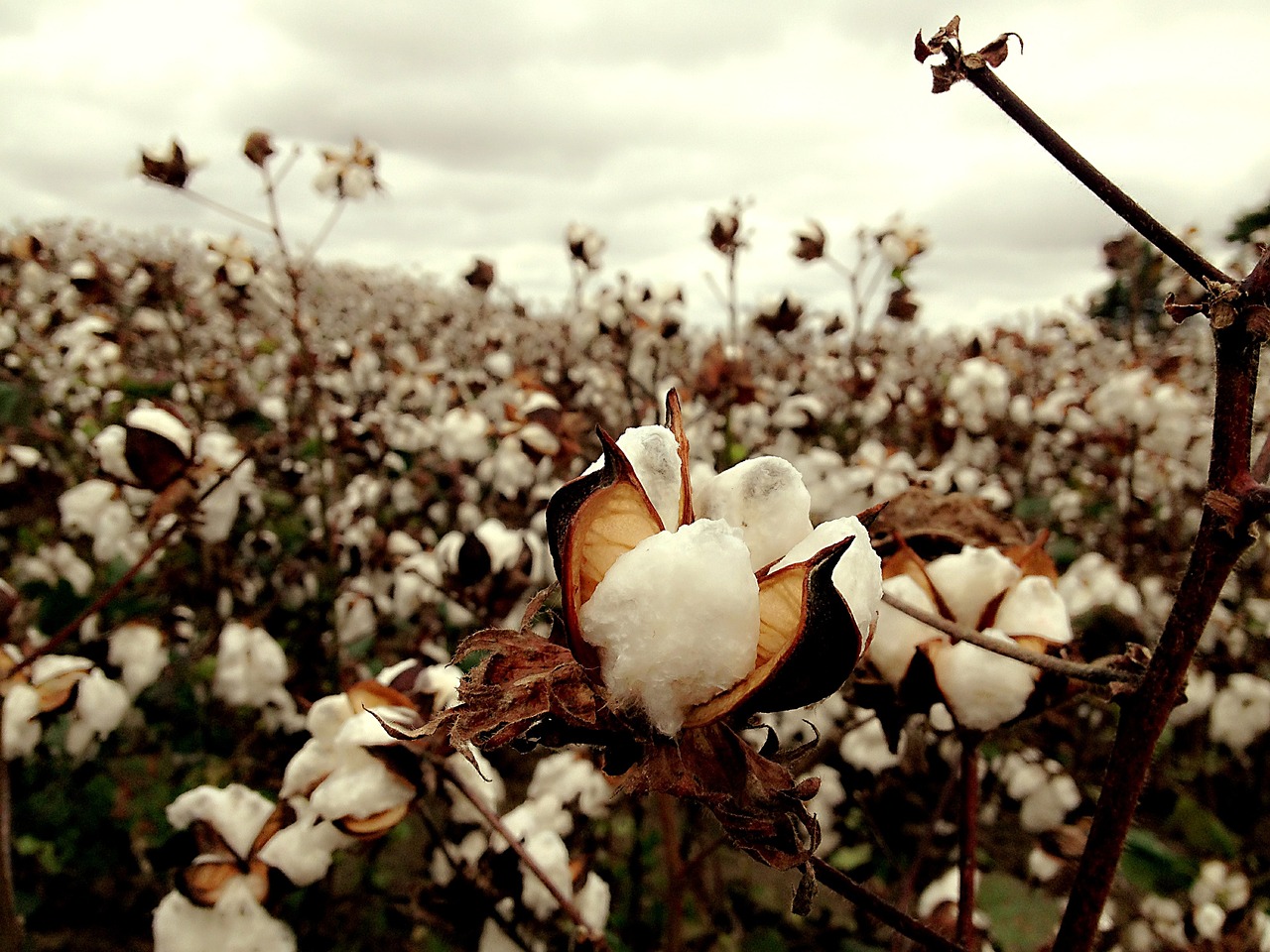In addition to choosing the traditional safety-first approach when importing two lakh tonnes (lt) of parboiled rice from India, Bangladesh appears to have more faith in Indian cooperatives. The Directorate of Food in Bangladesh’s External Procurement division last week sent letters of intent (LOI) to NCCF (National Cooperative Consumers Federation of India Ltd) and Kendriya Bhandar (Central Government Employees Consumer Cooperative Society) to purchase a million tonnes of parboiled rice. According to trade sources, the price for importing one tonne of rice from NCCF is $433.60 while the price from Kendriya Bhandar is $433.50. The Directorate of Food of Bangladesh opened a global import tender for 50,000 tonnes of parboiled rice on Tuesday.
Singapore’s Agrocorp International Pte Ltd submitted the highest-scoring bid in that contest, which was nearly $35 higher than this. Trade sources reported that Agrocorp offered the rice at $397.03 per tonne, while India’s Bagadiya Brothers, the lowest bidder in the tender that was opened last week, quoted $400.01 and listed company Haldia Ventres Limited, quoted $428.94. However, it is more expensive than the bids submitted in the tender last week. The order was issued at a cost that was more than the highest-scoring offer for a $50,000 international import tender floated by Bangladesh.
This is a vote of confidence for the cooperative sector because the order was placed in the light of the Sheikah Hasina Wajed government’s confidence in these organizations, according to trader Rajesh Paharia Jain of Delhi. Large orders have the drawback of having no certainty of delivery because individual traders are bidding fiercely and choosing a lower margin. A trading source added, “This could result in these traders canceling at the last minute or not making the deadline.” “Over the past few years, NCCF has taken part in such G2G. We finished one last month,” the authorized source stated.
The Wajed government has searched in nations like Thailand, Vietnam, and Cambodia for supplies of parboiled rice, but its efforts have been in vain. Dhaka looked to India for assurance after receiving none from the other two sources. “Bangladesh has also chosen G2G to safeguard itself from any embargo that India may impose in the event of decreased production or procurement of rice failing to meet the target. Despite raising the amount it is charging cooperatives, Bangladesh is still charging less than Thailand and other nations have bid for the global tender they floated.

